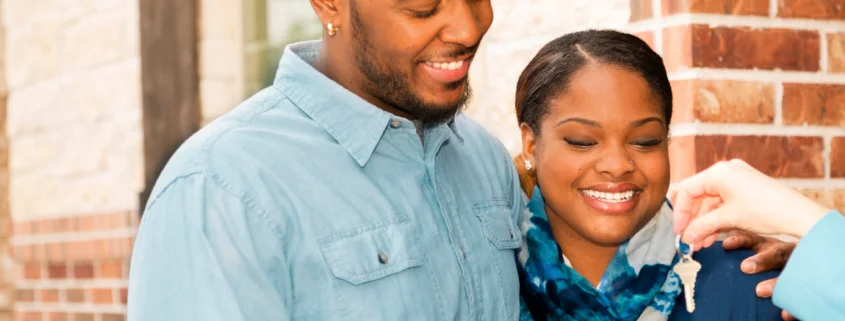Tenants (both prospective and current) are legally protected from various forms of discrimination under the federal Fair Housing Act. Alabama does not have a state Fair Housing Act, so tenants in the Yellowhammer State must look to the federal Act for protection. Although tenants have protection from certain types of discrimination, there are some legal reasons why a landlord can reject them.
What Types of Discrimination are Prohibited Under the Fair Housing Act?
The federal Fair Housing Act includes prohibitions against housing discrimination on the basis of:
- Race
- Skin Color
- National Origin
- Religion
- Familial Status
- Gender
- Disability (physical or mental)
These groups are known as “protected classes”, and it is illegal for landlords to reject a potential tenant because they are a member of any of these groups. Some examples of illegal practices landlords may engage in include:
- Targeted advertising that is designed to shut out various groups (e.g., targeting a certain age group, gender, and other demographic information with Facebook ads);
- Lying about the availability of a rental unit after learning that a potential tenant falls into one of the protected classes;
- Stating in a rental ad that families with children are not allowed (unless the unit is part of an approved senior living facility);
- Refusing to make a reasonable accommodation for a tenant that is disabled;
- Unreasonably raising rent and other fees in order to force a tenant out (based on a protected class);
- Refusing to make the repairs necessary to provide livable conditions to a member of a protected group.
Tenants have the right to have fair access to housing, and if a landlord engages in any of these or other illegal practices, there are various legal remedies available, depending on the circumstances. The best place to start is to speak with our experienced Alabama discrimination attorney to discuss your legal rights and options.
What are Some Legal Reasons a Landlord Can Reject a Potential Tenant in Alabama?
There are several reasons that a landlord is legally allowed to turn down someone who is applying for housing in Alabama. Here are some of the most common:
- Inadequate Income: One of the most basic reasons a landlord could legally reject a potential tenant is for inadequate income. Clearly, landlords have the right to expect that their tenants will be able to pay the rent and cover the rest of their bills each month. Generally, a tenant may be expected to earn at least three times the amount of monthly rent to have their application approved.
- Unverified Income: Closely related to the first reason is the inability of the landlord to verify how much income the applicant earns. Income is usually verified with pay stubs and W2s, and for self-employed individuals, tax returns. A landlord may also ask for employer references if some of this other information is missing.
- Falsified Housing Application: Maybe your application shows that you have adequate income and you have that documentation to verify this, but your documents are not real – they have been falsified. If the landlord finds this out, he/she has the right to turn down your application.
- Pet Prohibitions: It is not uncommon for landlords to have rules regarding pets. Some do not allow pets at all, others allow only certain sizes and breeds, and still others may only allow cats and not dogs. Prohibiting pets is allowed in Alabama except in the case of certain service animals. Landlords must allow guide dogs that assist tenants who are partially or totally blind.
- Criminal History: Although it may be very unfair, especially if you have a very old criminal conviction, there is no law that prohibits the landlord from denying a tenant because of a criminal history. The one possible exception to this may be a felony conviction for the use of drugs that may fall under the classification of a “mental disability”. In such cases, the discrimination would occur because the applicant is part of a federally protected class.
- Credit Problems: A landlord is allowed to consider an applicant’s credit history in deciding whether or not to rent to them. Generally, a bankruptcy and/or a credit score of 620 or lower could create problems with your application. You may also have trouble obtaining housing if you have a history of not paying your rent, prior evictions, and doing damage to other units you have rented.
The above are all legal reasons a landlord can reject a potential tenant, but landlords have to be careful that they apply these (and other reasons) equally to everyone. Otherwise, they may find themselves in violation of the Fair Housing Act for once again discriminating against one of the federally protected groups.
Are you a Victim of Housing Discrimination in Alabama? Call Attorney Kira Fonteneau to Review Your Options
If you or someone you know has been denied housing or otherwise discriminated against in violation of the federal Fair Housing Act, call our office today at (404) 383-5720 to schedule a free consultation and case assessment. You may also send us a message through our online contact form.


